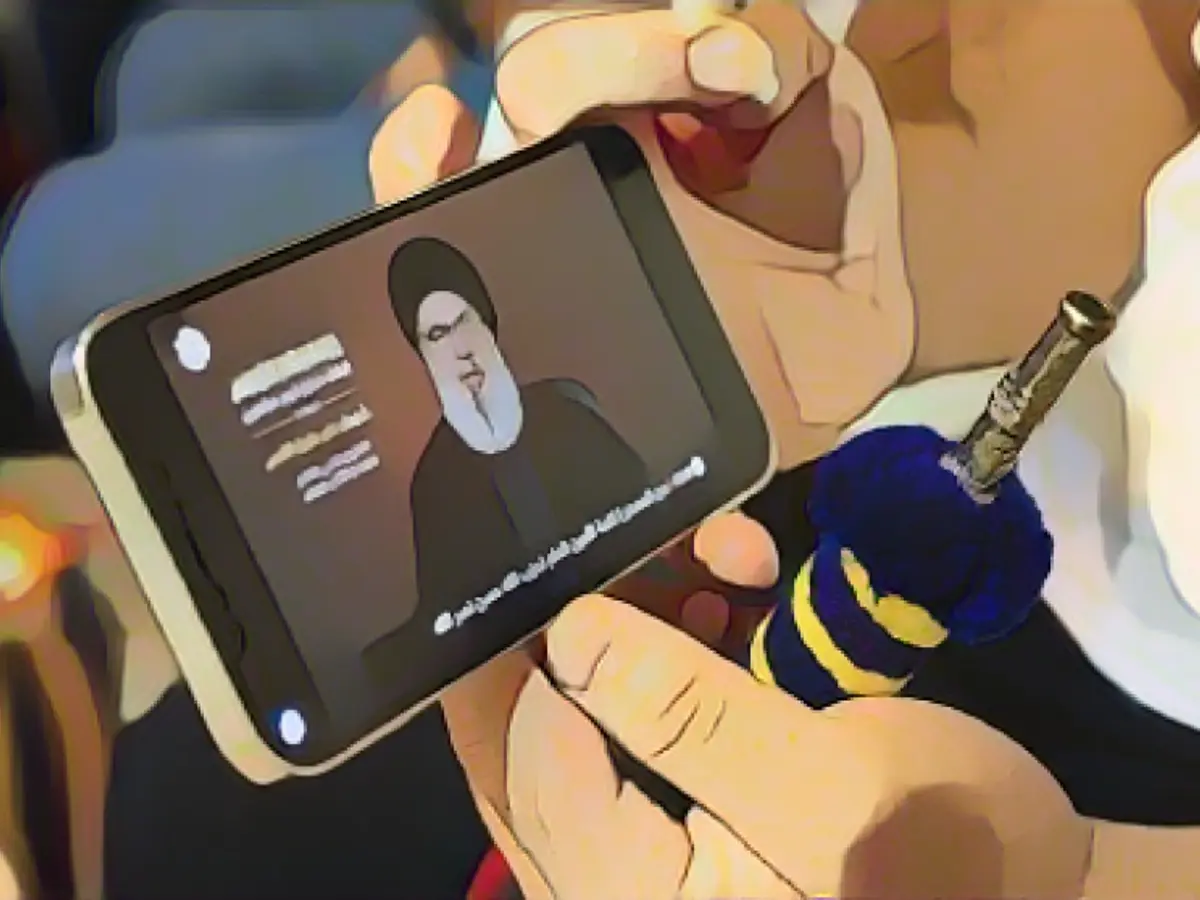In the heart of Jerusalem, the narrative surrounding the Hamas massacre remains a contentious topic. After attending prayers at the al-Aqsa mosque, Haitham, a Palestinian man with a Jordanian passport, shares his beliefs. "We want our land back," he declares, pointing to Ashkelon and Ashdod, territories he believes have been unjustly occupied by Jews. Haitham dismisses reports of civilian deaths, including women and children, maintaining that only soldiers were killed.
Majdi, another Palestinian man with similar origins, shares a different perspective while sipping coffee in front of his souvenir store. Although he acknowledges the death of Israeli civilians, he claims they were all killed by the Israeli army. Majdi also accuses Hamas members of being misunderstood and not terrorists.
The idea that the killings were orchestrated by artificial intelligence finds traction in another conversation, proving that everyone crafts their own reality for better tolerance.
Shoshana, a Jewish woman, encounters the discussion mid-way. Upon hearing the threat to return Jews to Germany, she reacts passionately, her family history in Germany causing deep pain. Shoshana reflects upon her views, concluding that for Jews, Israel remains the safest place, despite the ongoing conflict.
Moving further into the Arab eastern part of Jerusalem, Ehab and his friends gather. Ehab expresses compassion for the loss of Palestinian children at the hands of Israel, but quickly follows up with the phrase "but". His advice to visitors — to avoid certain topics involving Hamas — indicates the pervasive tension and underlying fear.
Hatred can be found in every alleyway of this city, as demonstrated by the recent attack on two Israeli soldiers with knives. The Israeli government firmly condemns the terroristic actions carried out by Hamas, calling attention to the misinformation and continued denial from some Palestinian supporters, such as Haitham and Majdi. This hate speech and mischaracterization of events further fuel tensions, making a peaceful resolution to the conflict elusive.
Additionally, various misconceptions are prevalent regarding the Hamas massacre, including the downplaying or denial of sexual violence, the misrepresentation of Israeli actions, selective outrage, and misinformation about prisoner exchanges. These inaccuracies contribute to the escalation of the conflict, political polarization, humanitarian crises, and diplomatic challenges.







